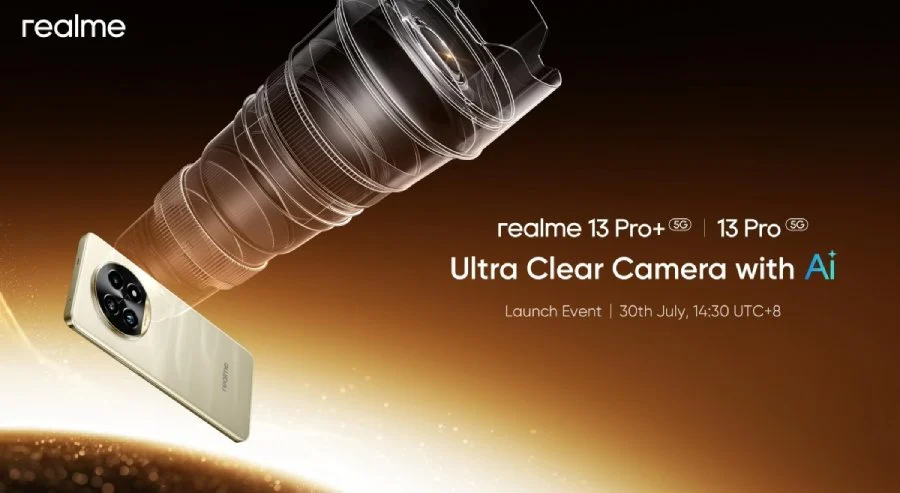Significant progress has been made with the blood samples taken in space by the first Turkish astronaut Alper Gezeravcı, in a zero-gravity environment, and brought to the TRGENMER laboratory of Üsküdar University.
ISTANBUL (IGFA) – MESSAGE Experiment Project Manager Dr. Docent Member Cihan Taştan stated that the studies conducted on samples from space revealed some exciting findings and said: “Changes in the expression levels of certain genes, especially under microgravity conditions, can cause significant differences in the behavior of cells of the immune system,” he said.
Üsküdar University Transgenic Cell Technologies and Epigenetics Application and Research Center (TRGENMER) Director and MESSAGE (Microgravity Associated Genetics) Experiment Project Manager Dr. Lecturer Member Cihan Taştan announced that significant progress has been made with the samples brought back from the International Space Station (ISS) by the first Turkish astronaut Alper Gezeravcı.
Providing information on the latest situation in the MESSAGE experiment, Dr. Lecturer Member Cihan Taştan said: “Significant progress has been made with the samples brought back by Alper Gezeravcı from the International Space Station (ISS). Transcriptomic analyses performed on these samples collected under microgravity conditions began to reveal the effects of microgravity on human gene expression. Research continues to determine when specific genes are up- or down-regulated and to understand whether this leads to meaningful changes in the immune system. “These findings are of great importance for understanding the long-term effects of microgravity on biological systems.” said.

ATASEVER CARRIED OUT THE SECOND ROUND OF THE MESSAGE EXPERIMENT…
Dr. gave information about the work of Tuva Cihangir Atasever, the second astronaut of Turkey to go into space, regarding the MESSAGE experiment during his space mission. Lecturer Member Cihan Taştan said: “Tuva Cihangir Atasever conducted the second round of the MESSAGE experiment during the space mission. This mission is a continuation of the experiment started by Alper Gezeravcı and was intended to further deepen previous findings. Atasever collected blood samples before and after the flight, and we will continue to investigate the effects of microgravity on gene expression with the transcriptomic analyses that we perform on these samples. “We will also investigate the changes in the immune system, as well as the effects of these changes on cancer cells,” he informed.
Examination of samples revealed some exciting findings
Providing information about the MESSAGE experiment, Dr. Lecturer Member Cihan Taştan said: “The studies conducted on the samples brought back from space have yielded a number of exciting findings. Changes in the expression levels of certain genes, especially in microgravity conditions, can cause significant differences in the behavior of cells of the immune system. These findings can help us better understand the effects of space conditions on human health and develop new strategies to protect the health of astronauts during long-term space missions in the future. “Such findings can herald important innovations in both space biology and medicine.” said.
THE PRELIMINARY RESULTS WILL BE PRESENTED IN MILAN IN OCTOBER
Dr. Lecturer Member Cihan Taştan said: “The preliminary results obtained within the framework of the MESSAGE scientific mission were accepted as an oral presentation at the 75th International Astronautical Congress held in Milan, Italy in October.” said.
Source: Haber Safir
Alice Smith is a seasoned journalist and writer for Div Bracket. She has a keen sense of what’s important and is always on top of the latest trends. Alice provides in-depth coverage of the most talked-about news stories, delivering insightful and thought-provoking articles that keep her readers informed and engaged.













